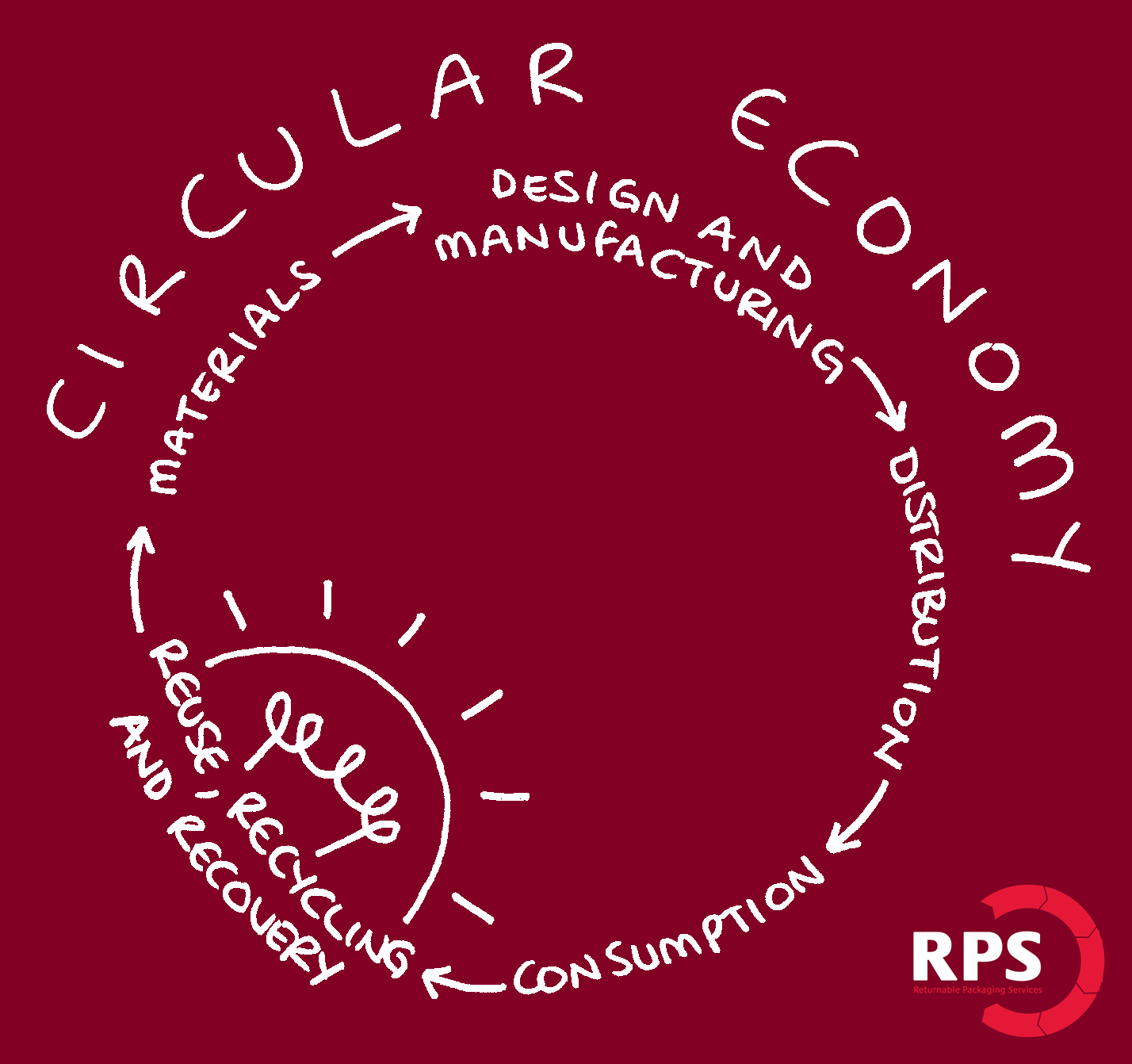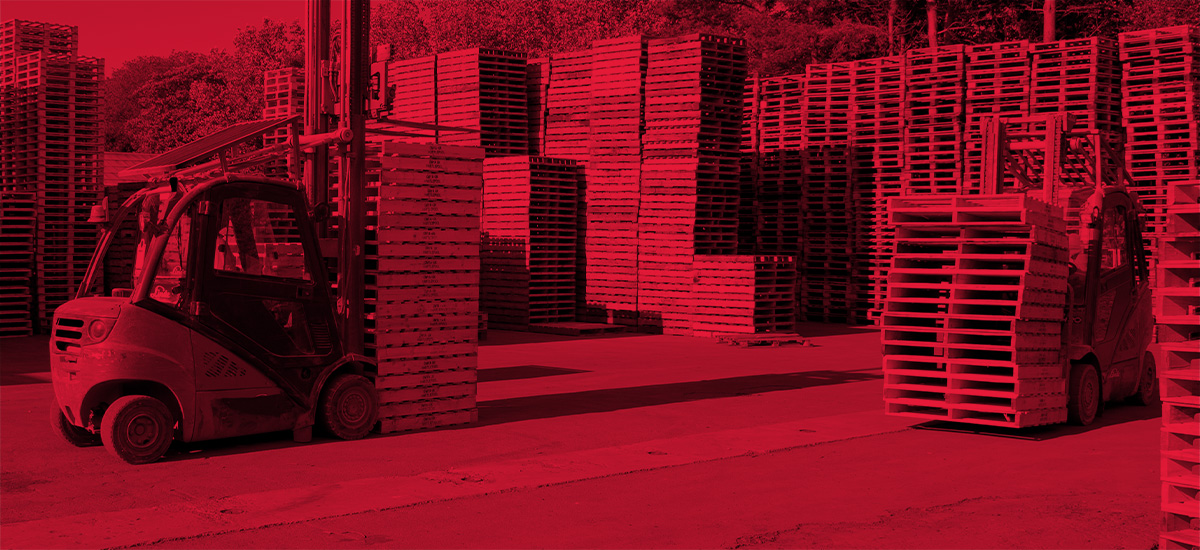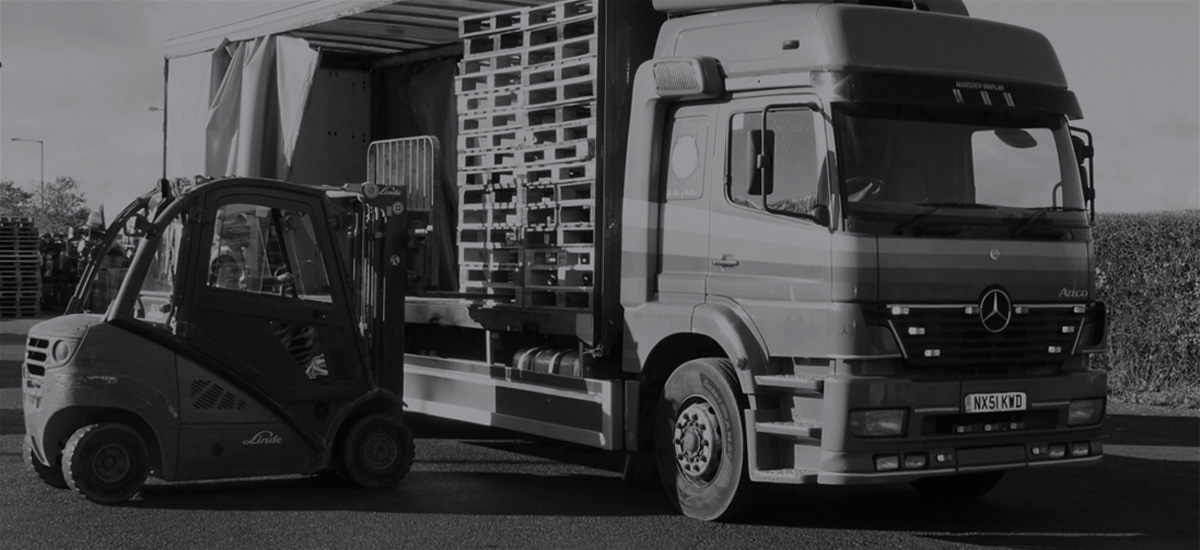 Defra, whose upcoming green paper on their 25 year environmental plan, has highlighted that businesses must lead the move to a resource efficient circular economy.
Defra, whose upcoming green paper on their 25 year environmental plan, has highlighted that businesses must lead the move to a resource efficient circular economy.
Resource minister Therese Coffey prepared a speech delivered by Defra’s waste and recycling deputy director Chris Preston at the Aldersgate debate at the end of January.
The speech affirmed that there is an opportunity to promote resource improvements and that the imposed EU recycling targets alone will not effectively reduce environmental impact.
In the speech, Preston articulated that “up to now, much of our policy … has been driven by a need to meet EU waste targets.” This equated to “focus on recycling heavy things without actually thinking about the value of the environmental impact of those materials or the best process for maximising the benefits we get from them.”
It was discussed whether the EU 2030 recycling target of 65%, more recently proposed to be 70% by MEPs, would be adopted by the UK but no clear answer was deduced, rather these proposals are still to be considered.
A key element from the speech was Coffey’s consideration of policy options including the extended producer responsibility (EPR), product design and incentivised demand for recycled materials. This could be looking at increasing the life expectancy of products from the design stages so that where possible their environmental impact is fully understood. Designing products that could be reused several times, much like the humble glass milk bottle, are great examples.

Preston did identify the pros and cons of EPR, and how a ‘want’ to work towards a circular economy is required and this is where “business leadership is absolutely critical.” Businesses must take the lead.
This could be the way forward but a strong counterargument is the cost to implement. Many smaller business might not have the necessary infrastructure to implement strategic changes therefore this is where Government intervention will help to encourage change by ensuring “the right policy framework is in place to … make these changes that will help us transition to a resource-efficient economy.”
Change is key but where there is change there is also cost. This is why it is important that rather than insular attempts to implement improved resource efficiency, a “collaborated effort” needs to be in place from all involved; business, public and Government.
A strong commitment from businesses backed up with strong Government legislation can help regulate the ambitions of the Defra 25 year environmental plan and help move towards resource efficiency and a truly circular economy.







